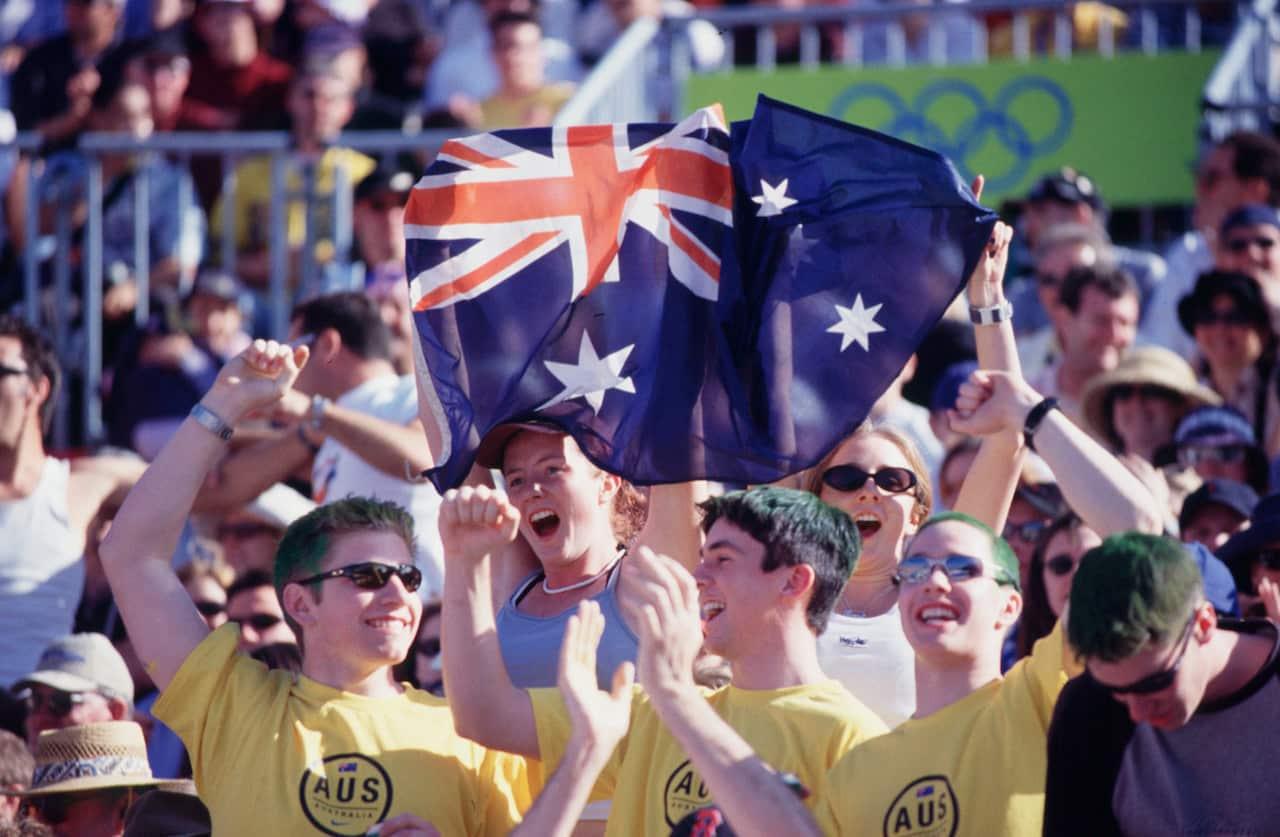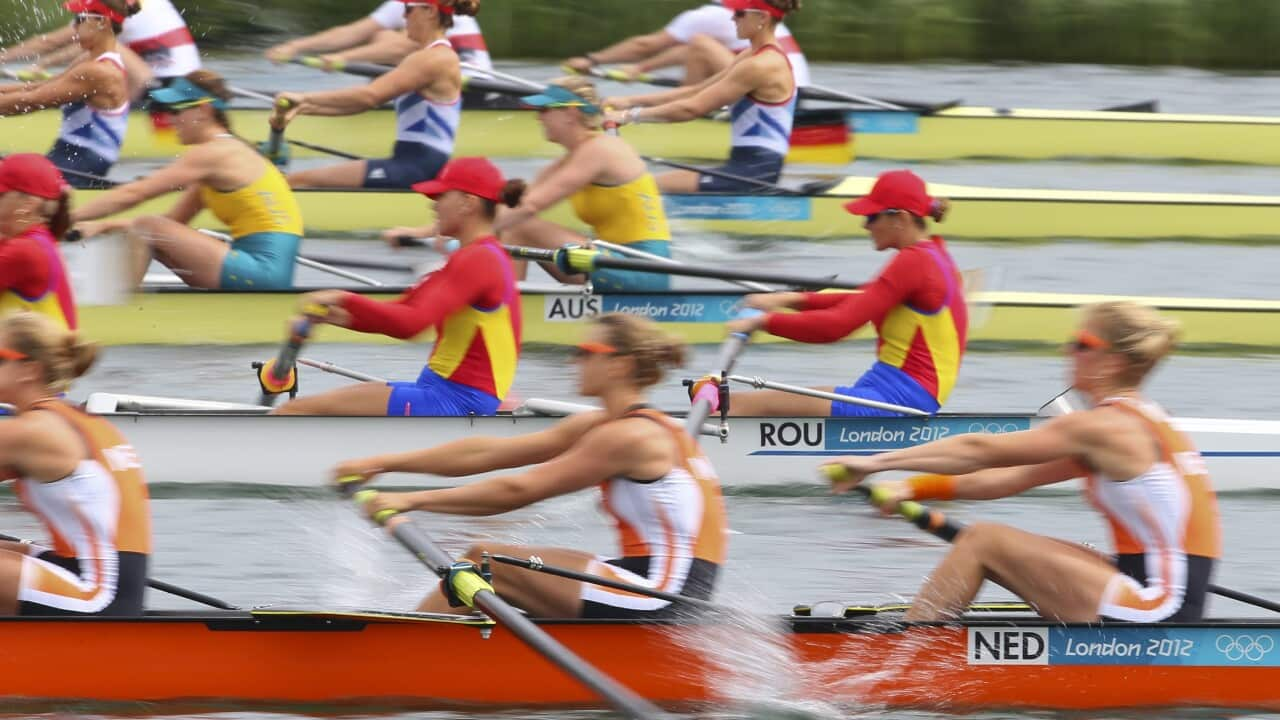In a world that seems intent on tearing itself apart, there are very few things left that allow us to be idealistic.
For me it was the Olympics – that largely pure and unadulterated, good-natured battle of strength, speed and height that every two years captures the hearts and minds of summer and winter sports fans alike.
Even non-sports fans can bury themselves in the bravery, the camaraderie and the sheer strength and skill of competitors from all around the world.
Sports that normally never have access to public coverage, or even much public support, all of a sudden find themselves in the glare of the international spotlight as the best of the best battle for medals.
Armchair experts emerge in everything from gymnastics to European handball, from cycling’s Kierin to shooting.
Countries come together to cheer on their athletes and barrack for the underdog with the best of will and the greatest national enthusiasm.
The curse of sports doping was always there, lurking under the surface.
Every now and then an athlete was pulled up, publically outed and stripped of their titles and medals, often years after they stole someone else’s hard-earned win.
But now the Russian state-sponsored doping scandal has fractured my Olympic bubble into a thousand pieces.
How can one be idealistic when a government, a secret service and multiple sporting organisations came together to collectively and corruptly rig the system against other athletes who worked so hard for so long?
It is heartbreaking to think of the genuinely clean athletes who did everything they could for years only to be pipped at the post by artificially-enhanced athletes.
Think of the medals that should have gone to Australian athletes who came in second to drug cheats; the acclaim and glory Russia has falsely accumulated over the years. We have already seen the Australian women's eight rowing team qualify for the Rio Olympics at the last minute after their Russian counterparts were ruled ineligible.
We have already seen the Australian women's eight rowing team qualify for the Rio Olympics at the last minute after their Russian counterparts were ruled ineligible.

Australian fans at the Sydney 2000 Olympics. Source: AAP
How many other Australian teams and athletes have lost possibly their only chance to compete at the Olympics to cheating and corruption?
A cloud now hangs over the Rio Olympics, whether we like to believe so or not.
Every Russian athlete who wins a medal will come under suspicion of doping, whether they are clean or not.
All those athletes who scrape in behind a Russian athlete will question whether they have been robbed of a victory and a medal.
Related reading

Australian rowers get late Rio call-up in place of Russia
Even Russian athletes who have managed to remain clean will be tainted by their country’s Olympic betrayal and their victory will be diminished in history.
The International Olympic Committee, in deciding not to ban the entire Russian team as a result of the widespread doping scandal, has done the Rio Olympics and the Olympic movement in general a great disservice.
It has placed every event featuring a Russian team or athlete under suspicion, leaving athletes and audiences alike wondering, always questioning, whether what they just saw was real.
And how to regain the Olympic magic that has always accompanied events and athletes?
How to ensure Olympic events remain the natural spectacles of strength, endurance and determination they have always been?
At a time when drug cheats seem to remain one step ahead of testing protocols, it is difficult to say.
But for the sake of ethical athletes and the Olympic tradition, steps needs to be taken to excise the cancer of doping, once and for all.




